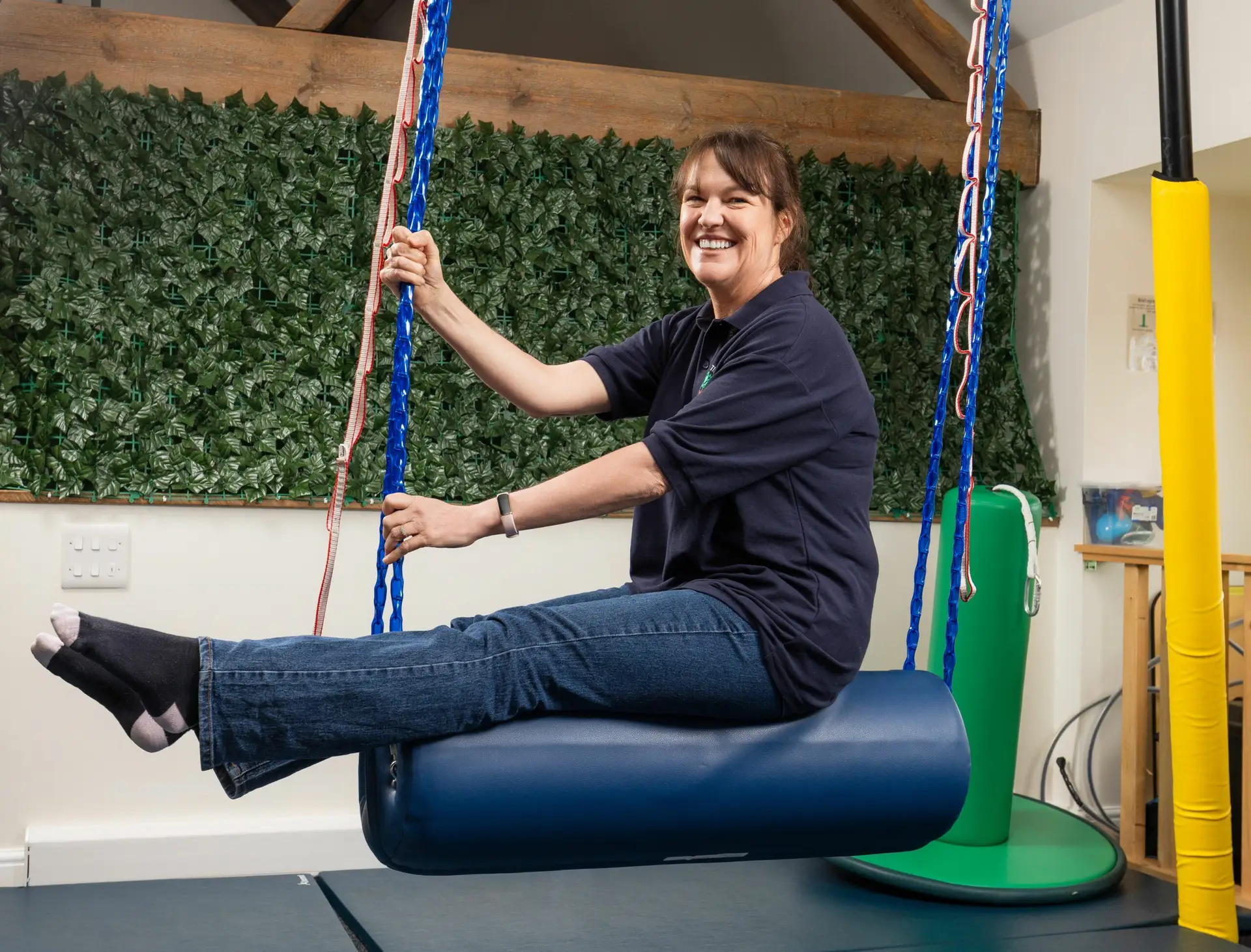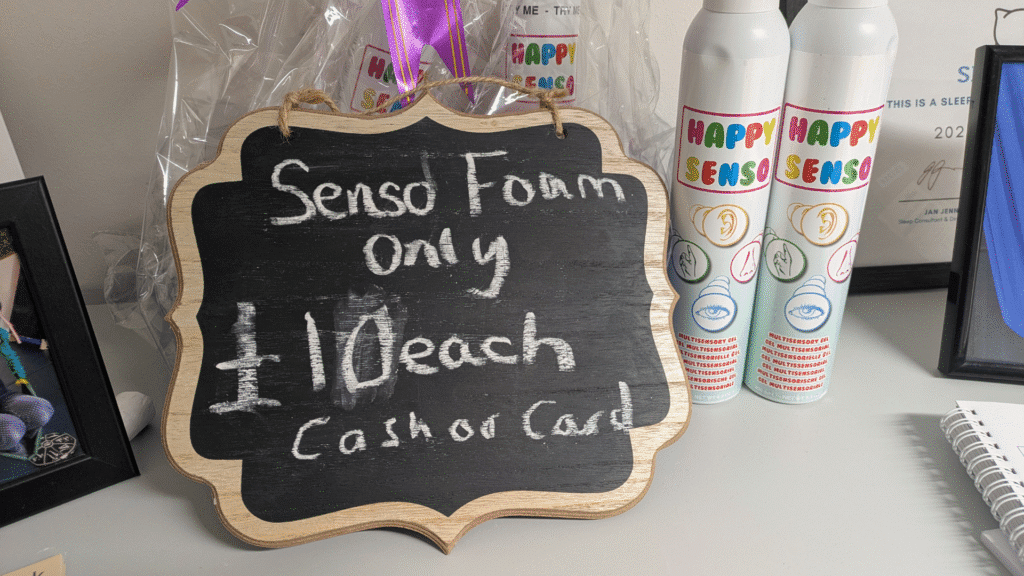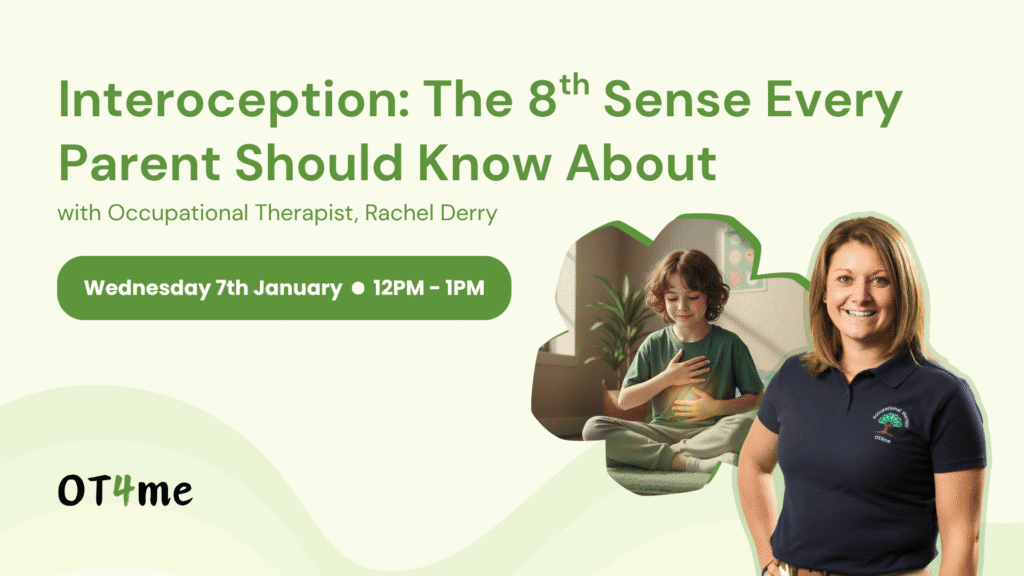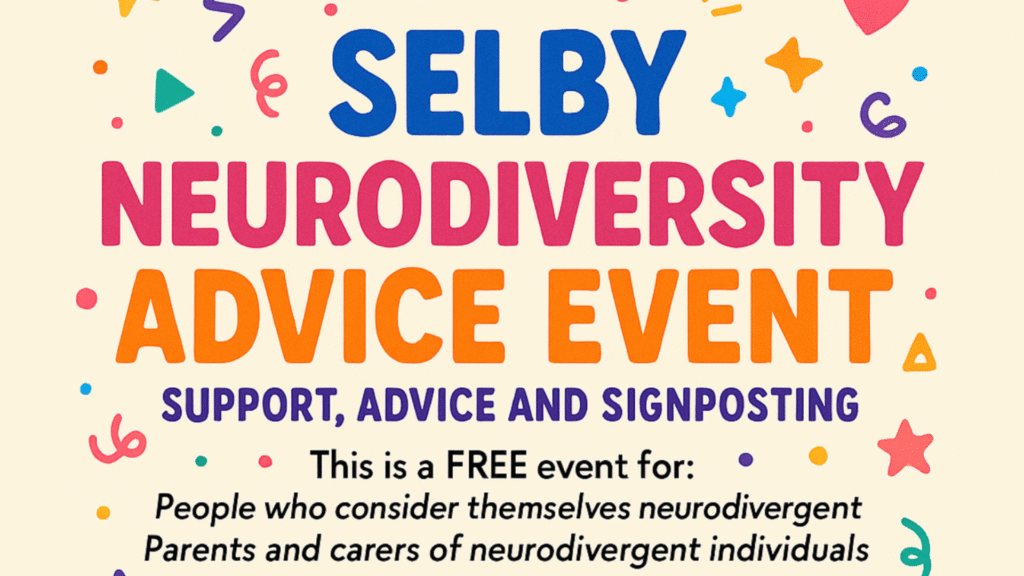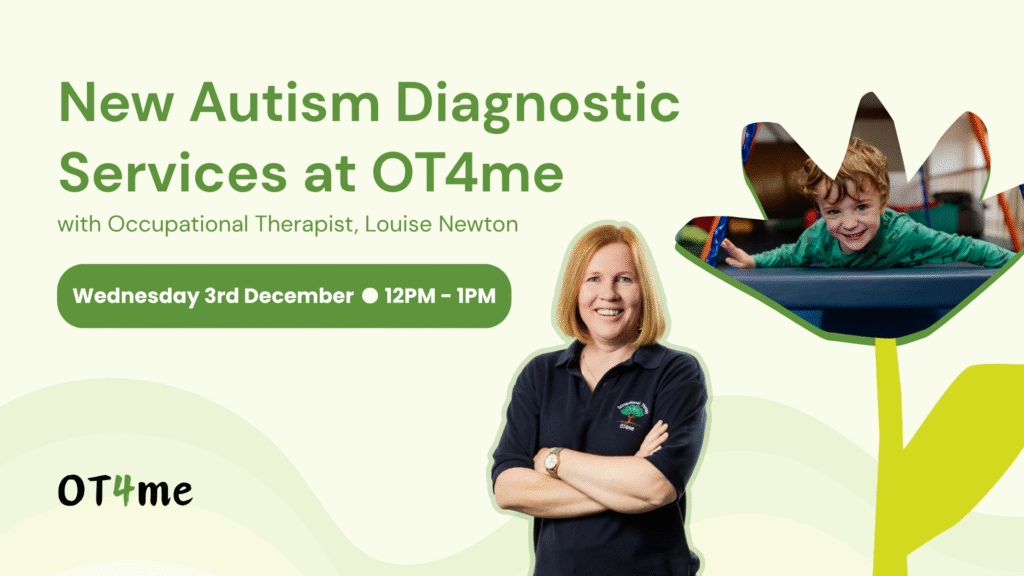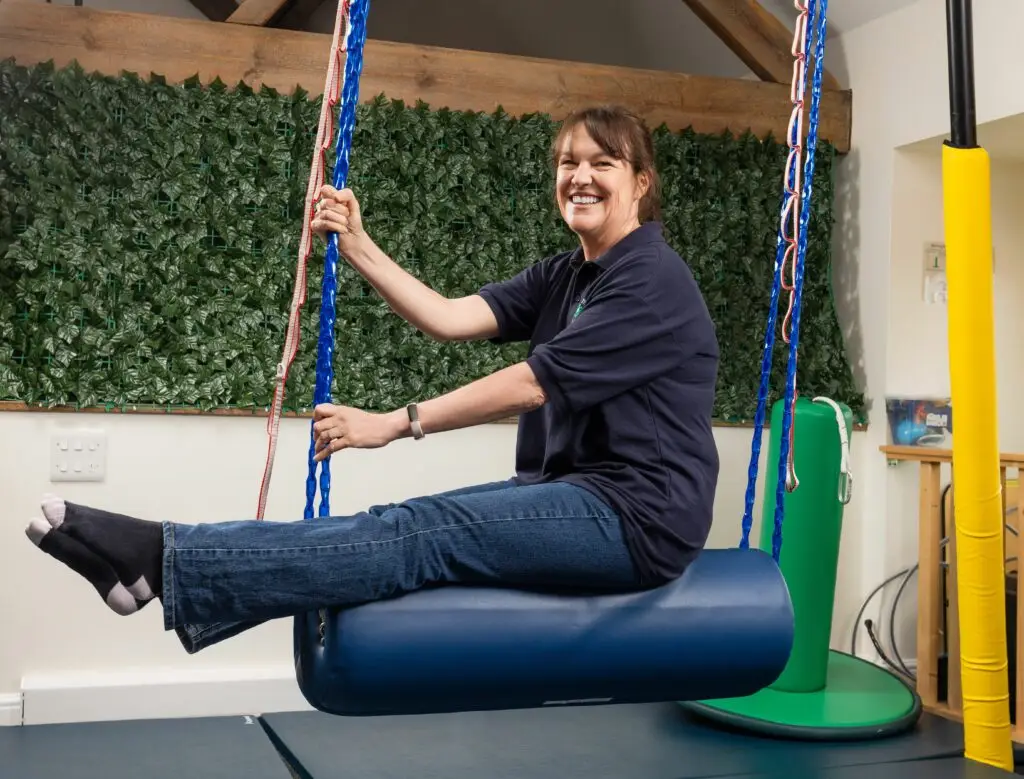This blog post is a follow-up to our webinar that took place on 6th August. Play-based strategies to create purposeful play.
Play is not just a way for children to have fun, it is how they make sense of the world. Through playful activities, children can build the skills they need to learn, grow, and feel more confident in themselves.
At OT4me, we use purposeful play to support development in ways that feel natural and enjoyable. Whether it is in our therapy sessions, in school, or at home, play creates opportunities for connection, learning, and joyful progress.
What does play support?
Here’s what different types of play help children develop:
1. Cognitive development
Play helps children learn to think, plan, solve problems, and build memory.
Try this: Puzzles, building blocks, matching games, or pretend play scenarios.
2. Language and communication skills
Play gives children a chance to practice expressing themselves, listening to others, and taking turns in conversations.
Try this: Puppet shows, storytelling games, role-play like “playing restaurant” or “doctor.”
3. Social and emotional growth
Through play, kids learn how to manage big feelings, understand others, and work together.
Try this: Group games that involve turn-taking, imaginative play, or cooperative board games.
4. Motor skills
Play helps develop coordination, balance, and hand-eye skills.
Fine Motor: Playdough, threading beads, drawing.
Gross Motor: Obstacle courses, hopscotch, ball games.
5. Sensory Integration
Children often seek or avoid different sensations. Sensory play helps them process these experiences more comfortably.
Try this: Sand or water trays, bubble play, textured toys, swings.
6. Therapy through play
Play-based strategies are used by professionals (like occupational and speech therapists or psychologists) to support:
Autism Spectrum Disorder (ASD)
ADHD
Anxiety
Developmental delays
Trauma
7. Learning through play (school readiness)
In early education, play makes literacy, numeracy, and science more engaging.
Try this: Counting games, sorting objects, matching letters and sounds through play.

